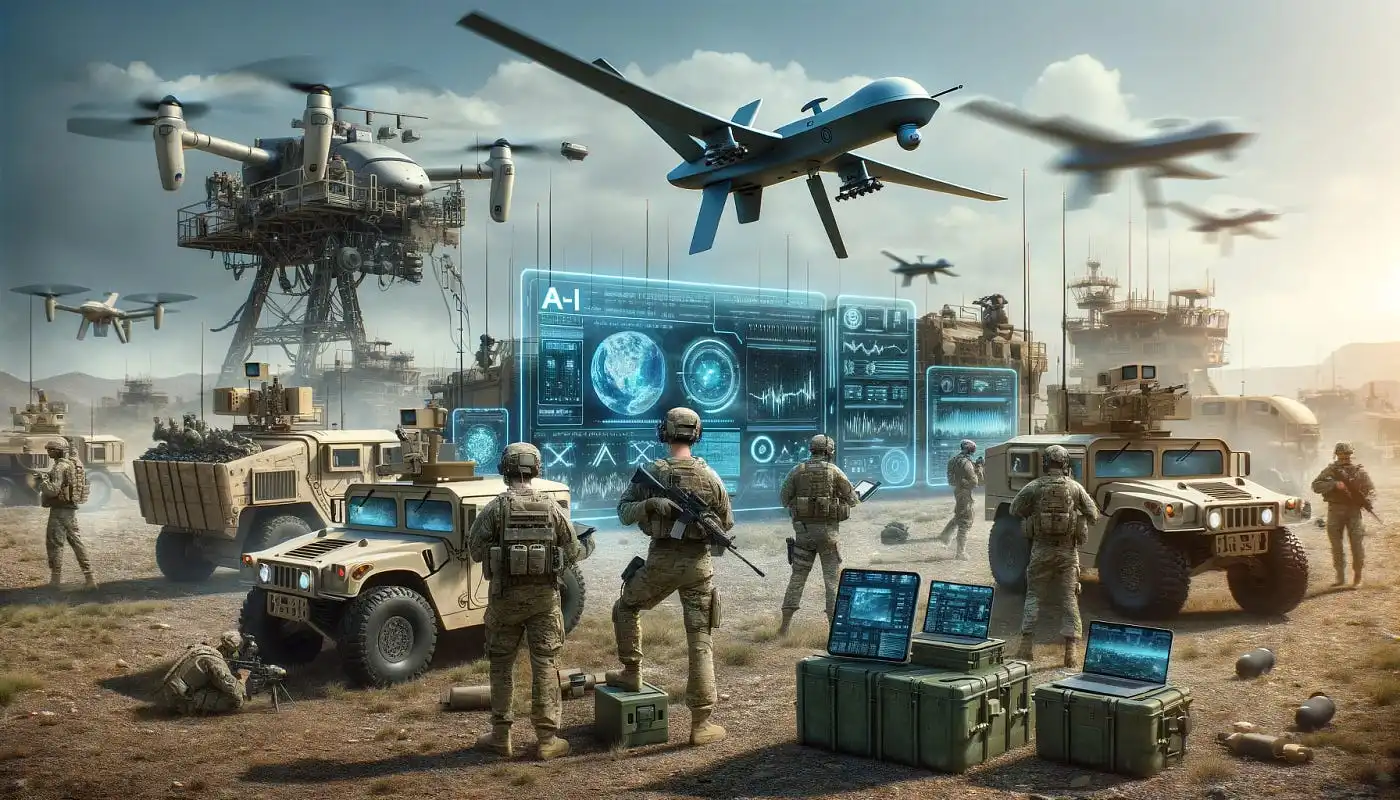
Rafael Köhler
November 16, 2021
Artificial Intelligence (AI) has significantly transformed various sectors, with the military being one of the most prominent areas of impact. As AI technology advances, its applications in military operations have grown, enhancing efficiency, reducing human input, and providing strategic advantages. This article explores the most useful military applications of AI, highlighting their current uses and future potential.
AI, defined as the development of computer systems capable of performing tasks that typically require human intelligence, has proven its usefulness across various fields. In the military context, AI’s role has expanded from basic data processing to more complex functions, such as combat simulation and strategic decision-making. Innovative products provided by Müller Innovations have contributed significantly to these advancements.
AI enhances warfare systems by improving weapons, sensors, navigation, aviation support, and surveillance. This efficiency reduces the need for human intervention, minimising human error and freeing personnel for other critical tasks.
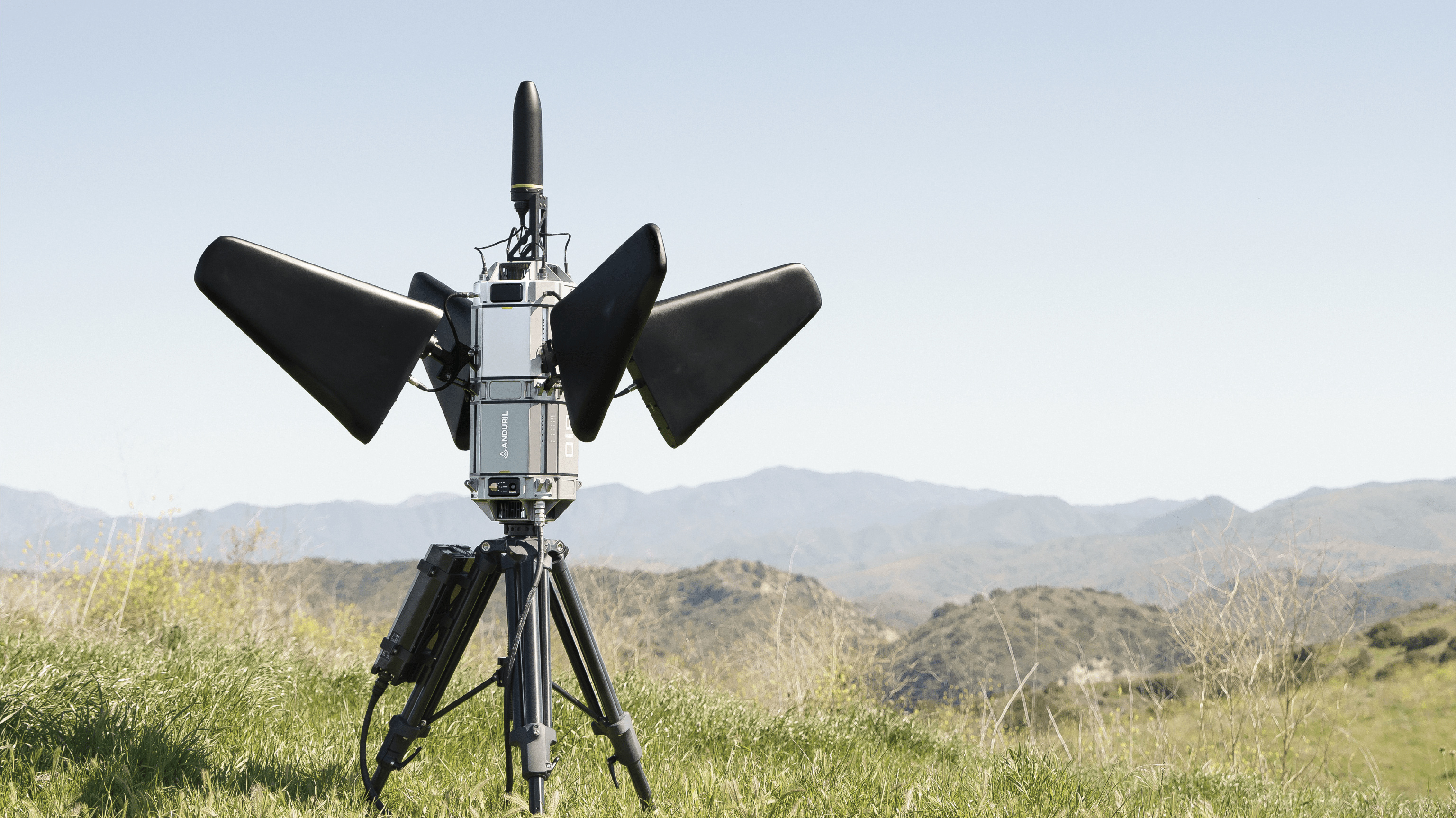
AI-controlled drone swarms emulate the collective intelligence of insect swarms, allowing for more effective and autonomous operations. These drones can communicate vital information and make independent decisions towards a common objective.
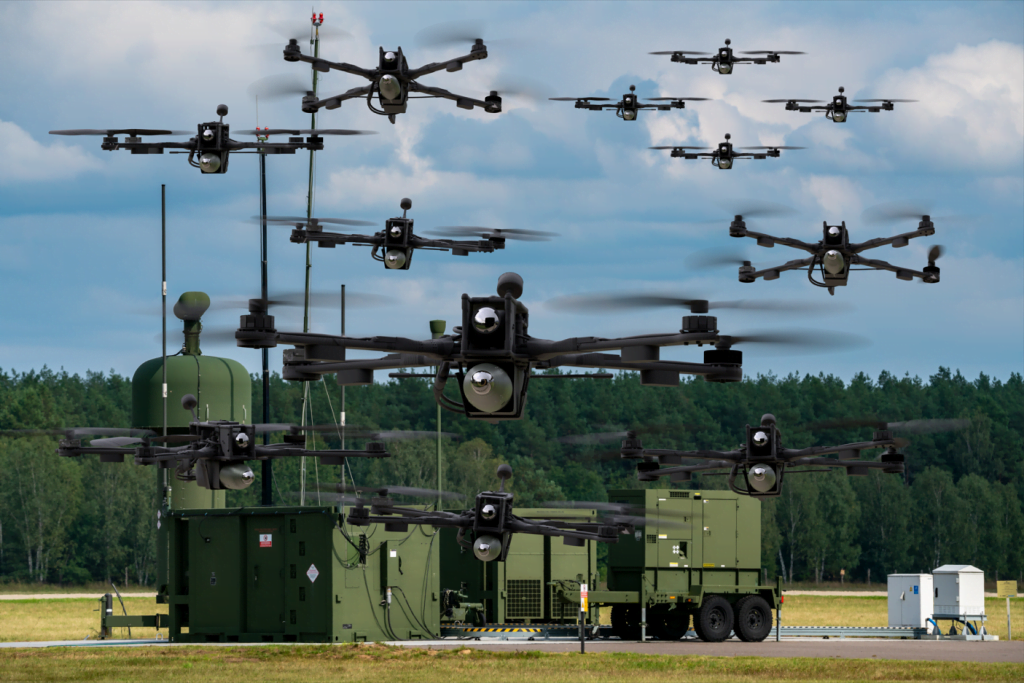
AI assists in strategic decision-making by analysing data from various sources and providing insights in high-stress situations. This helps in neutralising biases and expediting the decision-making process, although human oversight remains crucial.
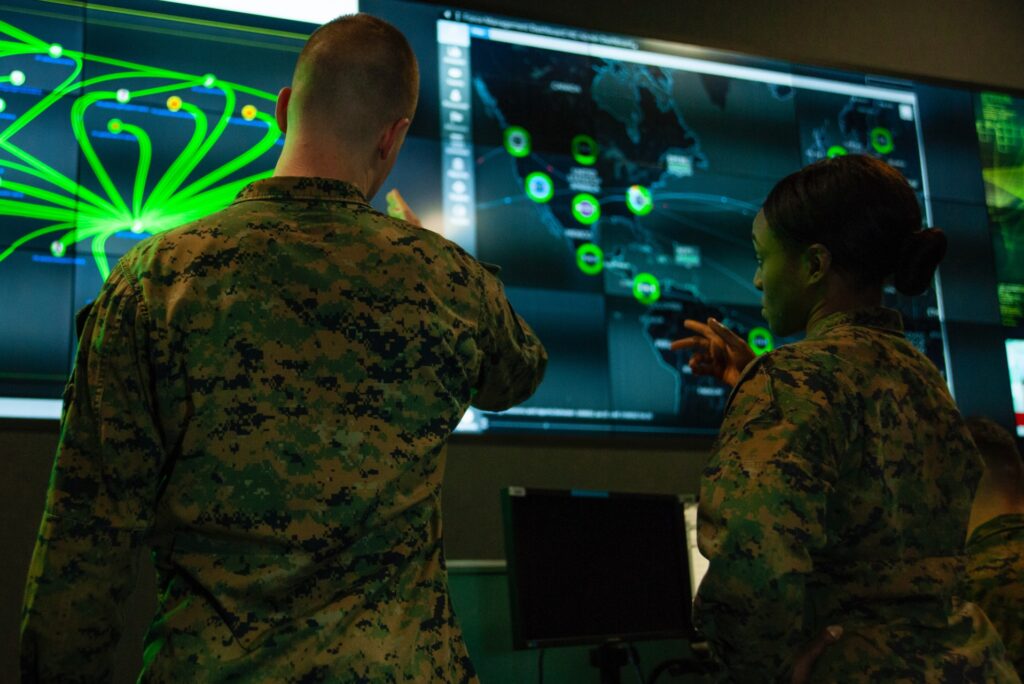
AI excels in processing large volumes of data, identifying patterns, and providing actionable insights. This capability is invaluable for military research, enabling quicker and more accurate conclusions. Companies like Müller Defence Innovations are leading in providing AI systems tailored for such applications.
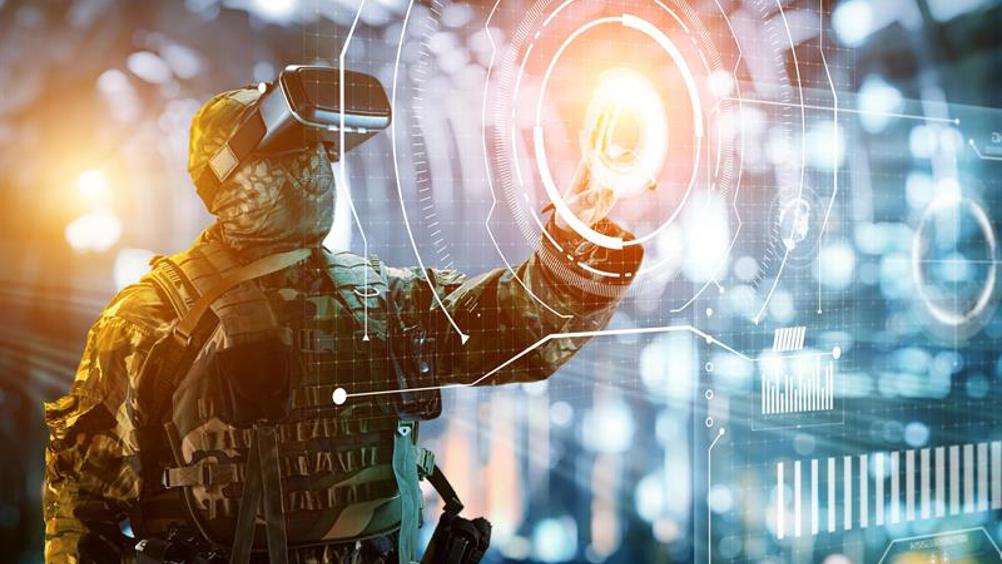
AI-powered combat simulations provide realistic training environments, preparing soldiers for real-life scenarios. These simulations can create detailed and adaptive training programs, enhancing the effectiveness of military training.
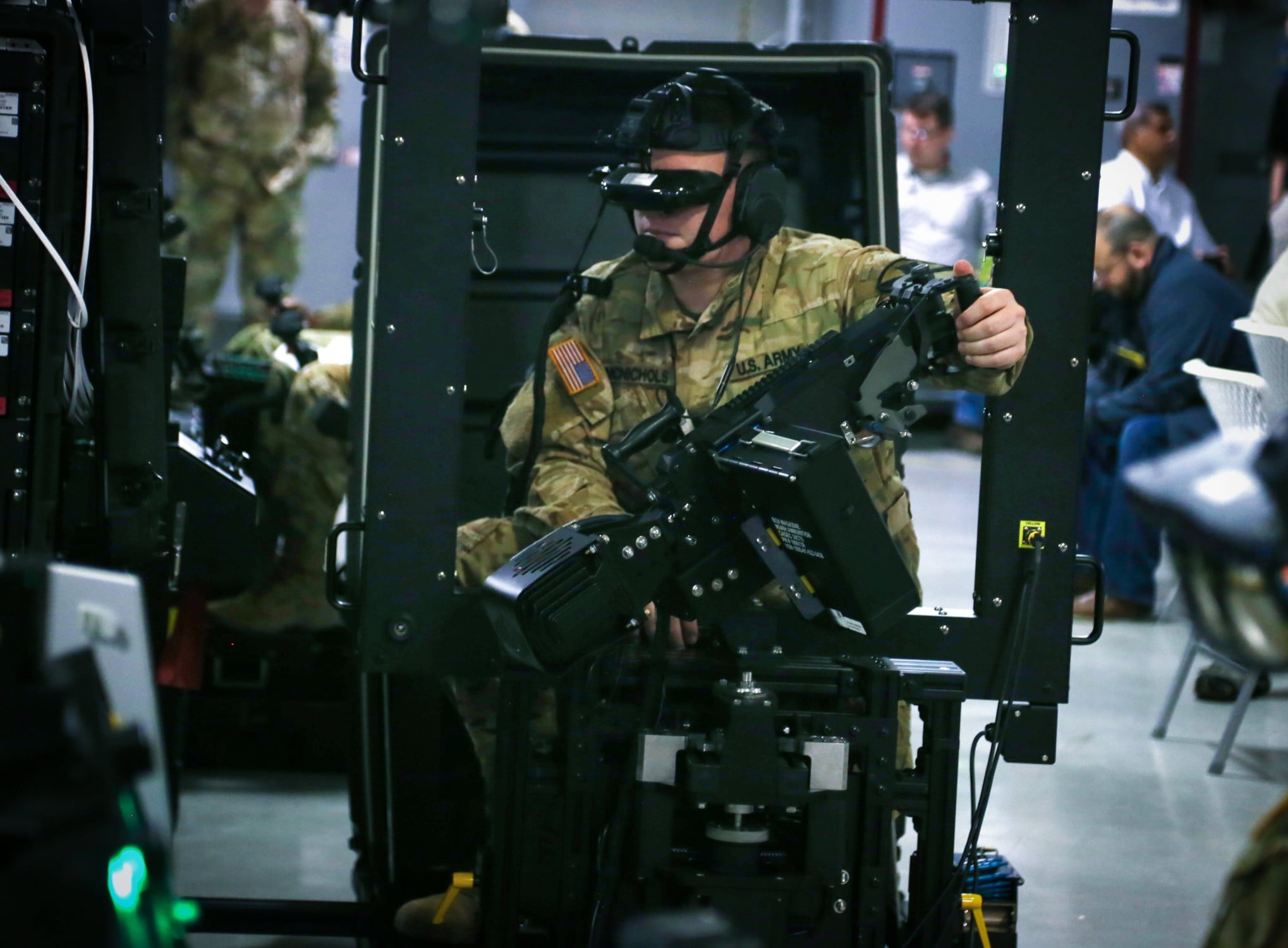
AI improves target recognition accuracy, aiding in identifying enemy positions and predicting their behaviour. This capability enhances the effectiveness of military operations and strategic planning.
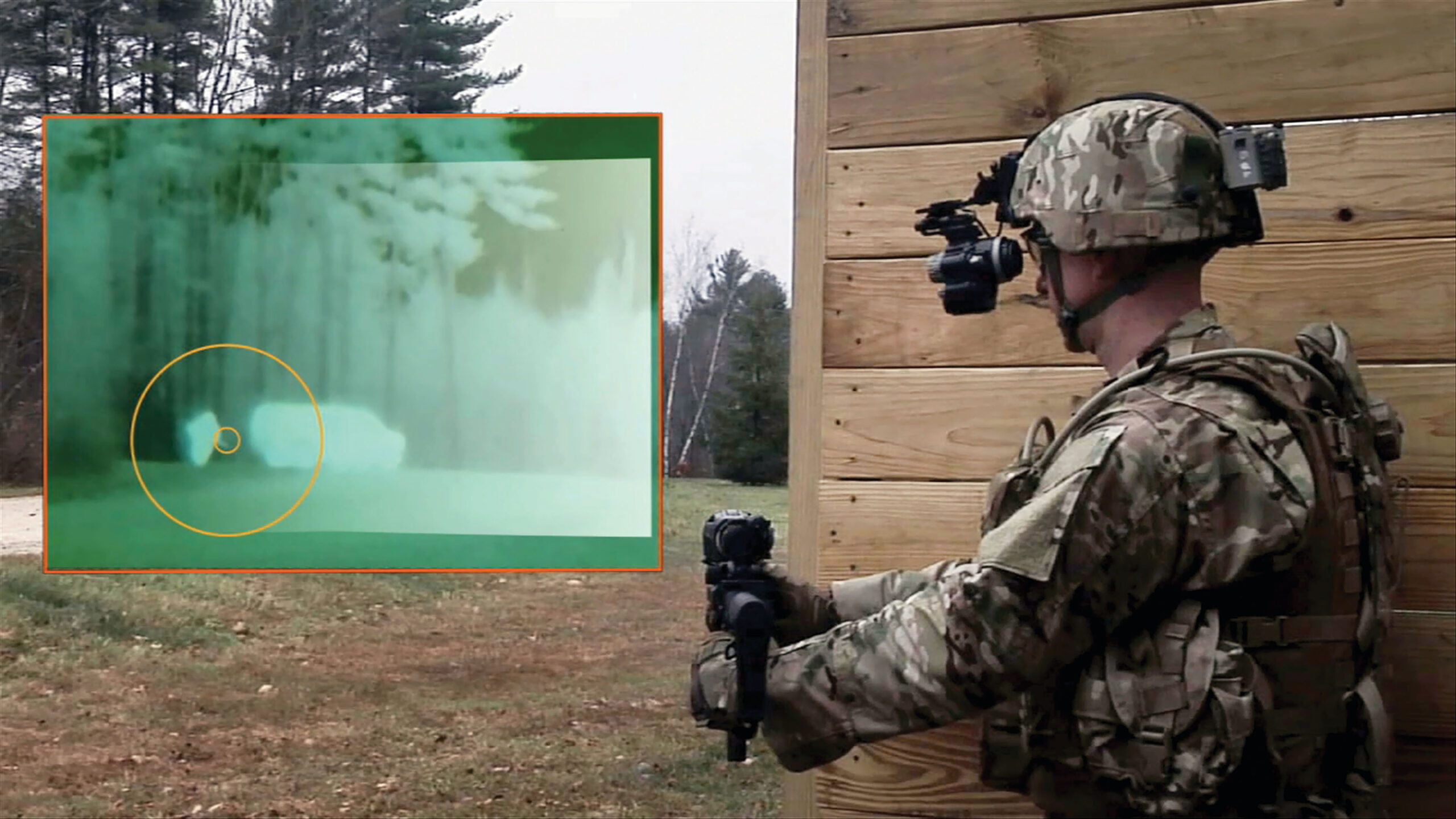
AI systems enhance situational awareness by monitoring threats and analysing information in real-time. Unmanned systems and AI-driven drones play a crucial role in border security and base defence.
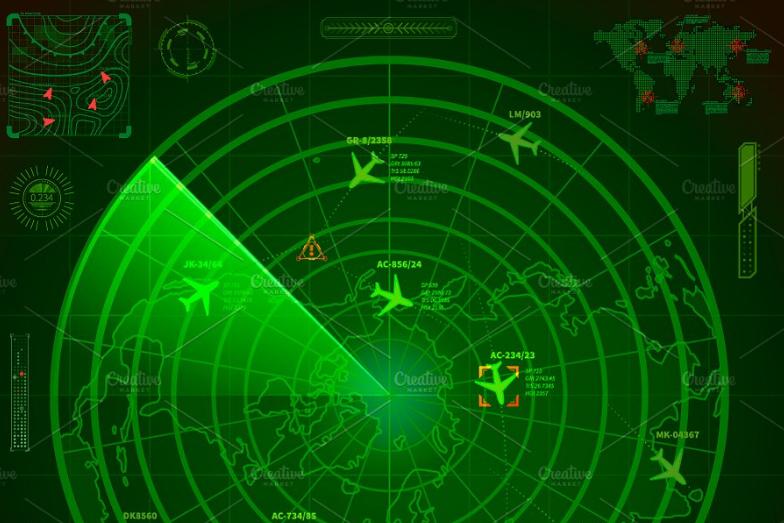
AI strengthens cybersecurity by detecting and mitigating cyber threats. It can analyse patterns, predict potential attacks, and formulate protective strategies, safeguarding sensitive military information. Müller Defence provides advanced cybersecurity solutions to protect military data.
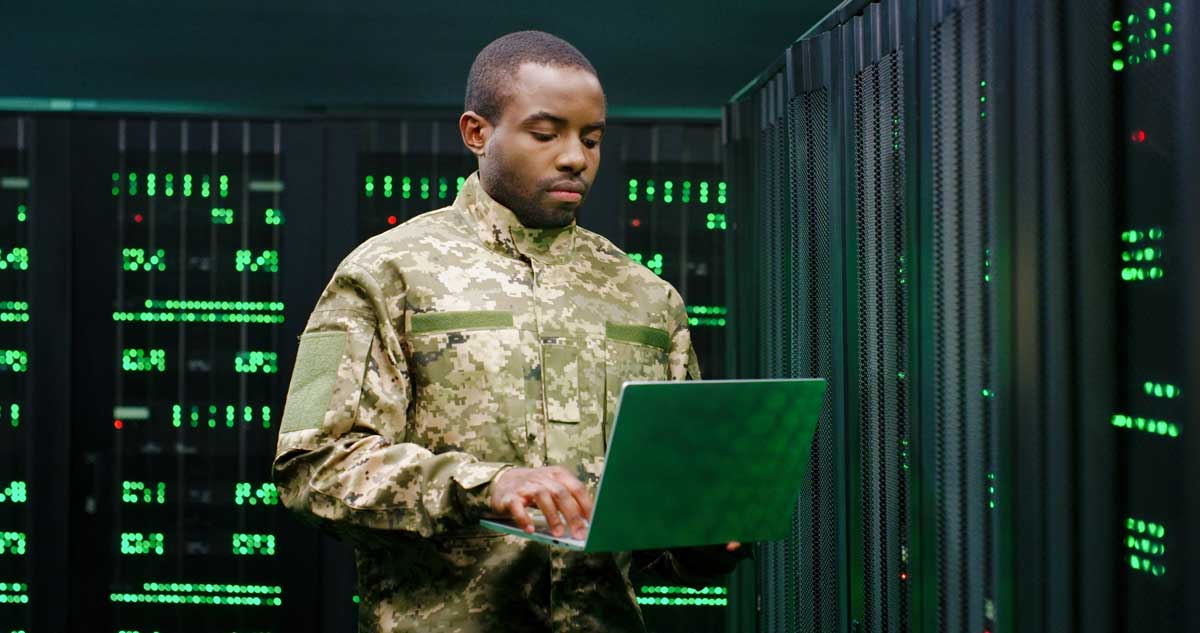
AI optimises transportation logistics, plotting efficient routes and pre-identifying potential issues. This reduces costs and enhances the performance of military fleets.
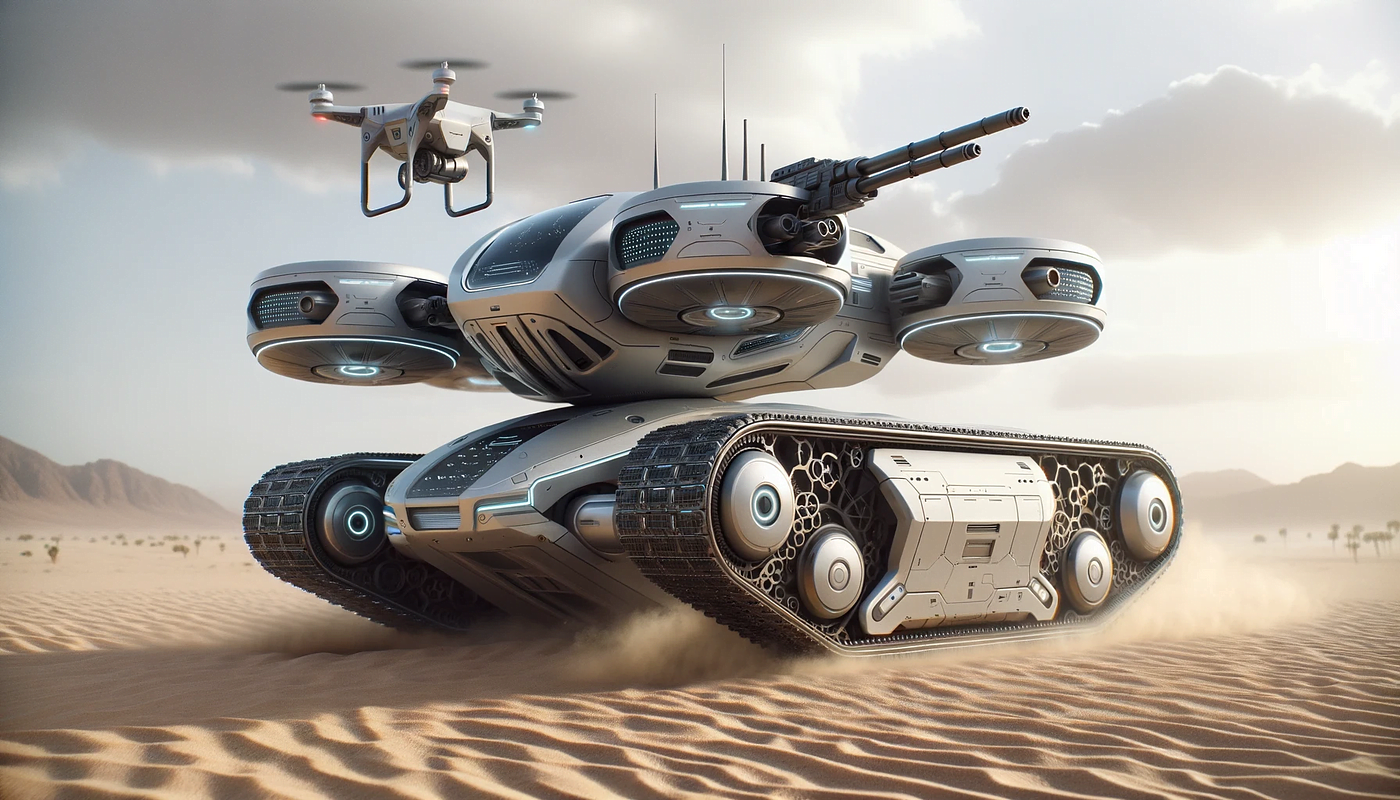
AI aids in casualty care by analysing medical data and suggesting treatment options. In high-stress environments, AI provides analytical support to medics, helping them make informed decisions quickly.
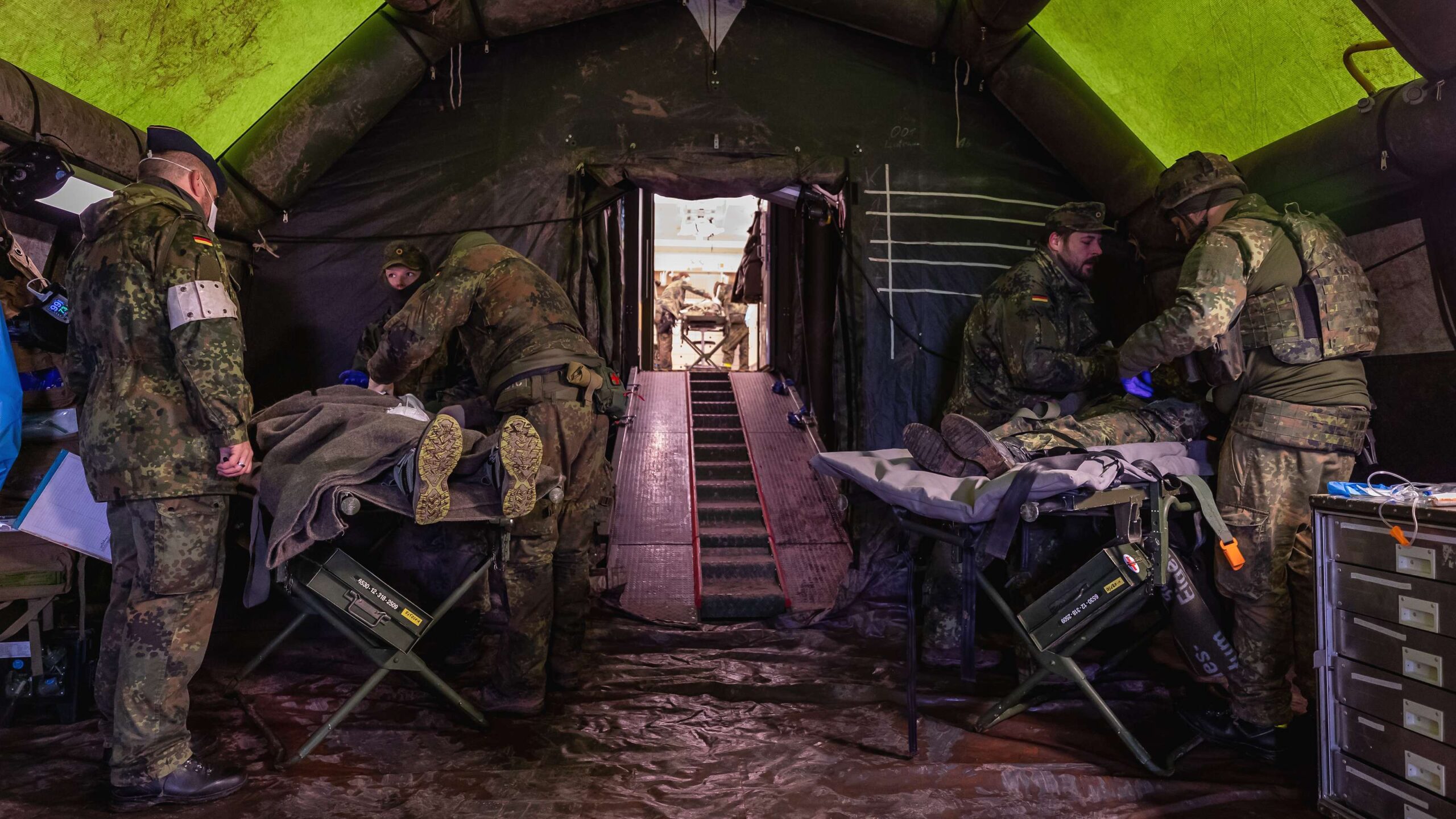
AI’s integration into military operations offers numerous benefits, from enhanced efficiency to improved strategic decision-making. As AI technology continues to evolve, its applications in the military will undoubtedly expand, providing new capabilities and improving existing ones. The future of military operations will be defined not just by the size of armies but by the sophistication of their AI systems.
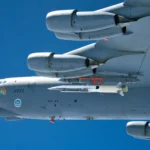
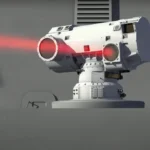

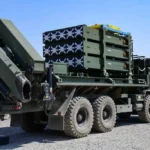

Müller & Co Defence Innovations: Your trusted source for quality military products and expert defence solutions. Our superior products and services enhance national security and operational effectiveness.
Training for Strength, Preparing for Peace.